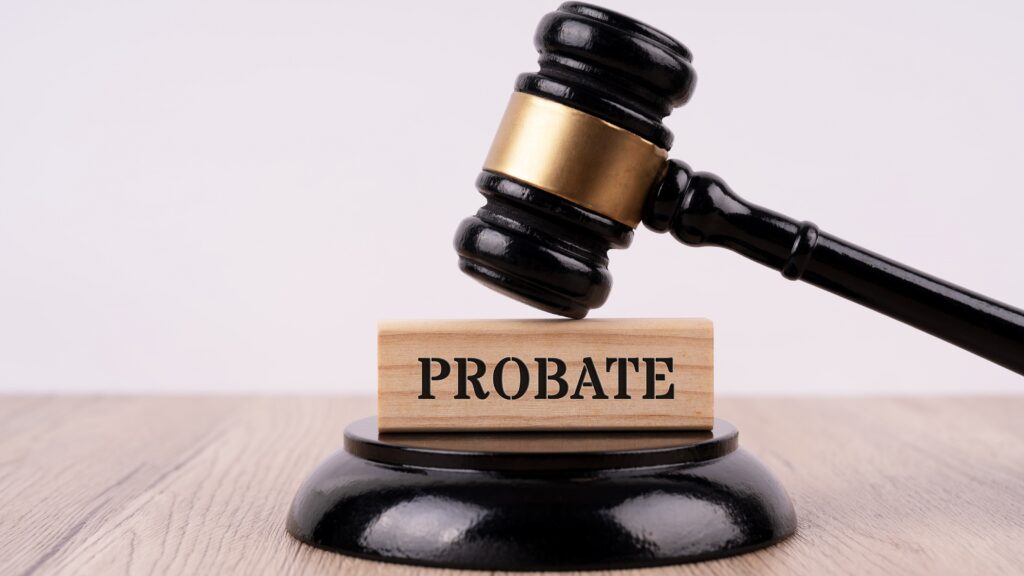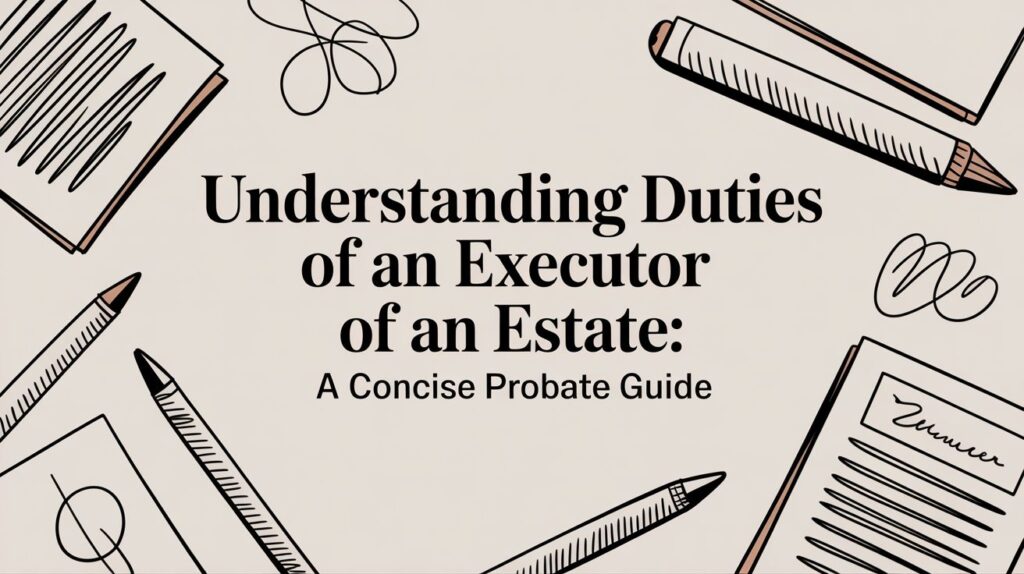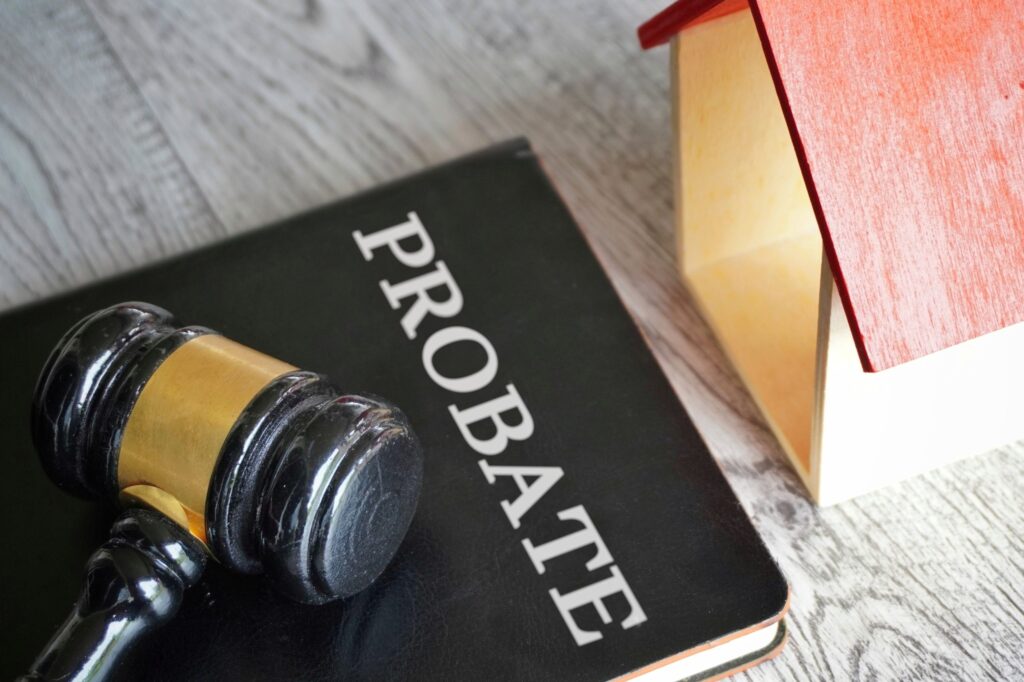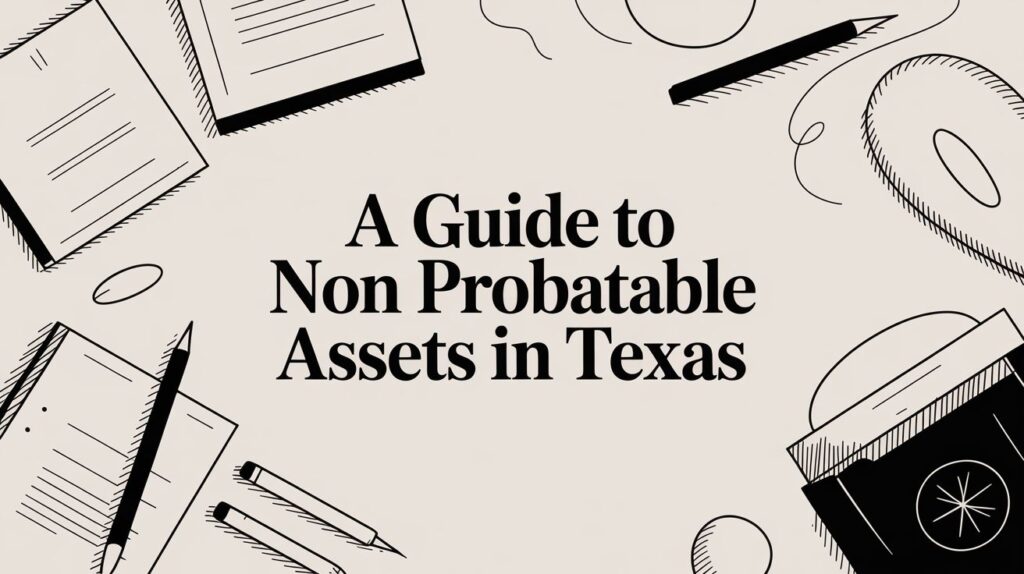When a loved one passes away, handling their estate can be overwhelming. In Texas, probate—the legal process of settling a deceased person’s affairs—is often necessary to distribute assets, pay debts, and ensure the wishes of the deceased are respected. While hiring a probate attorney is common, some Texans opt for the DIY route, hoping to save money and streamline the process. But is it as simple as it seems? DIY probate may seem cost-effective, but it comes with significant risks. From procedural missteps to legal complexities, many things could go wrong, potentially costing you more time and money in the long run. Let’s explore why DIY probate in Texas can be risky and what you need to know before proceeding.
What Is Probate in Texas?
Before diving into the potential pitfalls of DIY probate, it’s essential to understand what probate entails. In Texas, probate is the court-supervised process of authenticating a will, appointing an executor, paying outstanding debts, and distributing assets to heirs or beneficiaries. This process ensures that the deceased’s wishes, as outlined in their will (if one exists), are carried out legally.
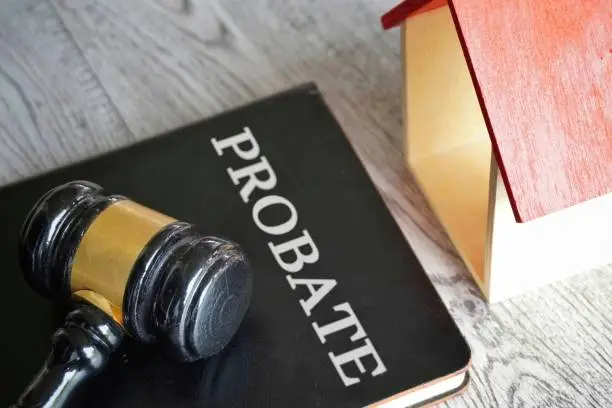
Probate in Texas typically falls into two categories:
- Independent Administration: This is the more streamlined process where the executor handles most duties without court supervision. Texas is known for its independent administration-friendly probate laws, making the process relatively less burdensome when compared to other states.
- Dependent Administration: This is a court-supervised process that requires approval for nearly every action, such as selling assets or paying debts. It’s more complex, time-consuming, and expensive.
Even though Texas offers a more straightforward probate process through independent administration, it still involves legal and procedural intricacies that can complicate matters for someone without legal expertise.
Common Mistakes in DIY Probate
Handling probate on your own might seem feasible, especially in straightforward cases, but even minor mistakes can lead to significant issues. Here are the most common pitfalls:
1. Failing to Meet Deadlines
Probate in Texas comes with strict timelines. Executors must file certain documents, notify creditors, and distribute assets within specific timeframes. Missing a deadline could result in penalties, delays, or even dismissal of the case.
2. Misinterpreting the Will
A will might seem straightforward, but its language can be ambiguous or outdated. Misinterpreting clauses can lead to disputes among heirs, legal challenges, or improper distribution of assets.
3. Overlooking Creditors
One of the executor’s primary responsibilities is notifying and paying creditors. Failing to properly notify creditors or pay valid debts can expose the executor to personal liability.
4. Mishandling Assets
DIY executors often struggle with tasks like appraising property, managing bank accounts, or selling assets. Errors in these areas can lead to financial losses or disputes among heirs.
5. Ignoring Tax Obligations

Texas does not have a state inheritance or estate tax, but federal estate taxes may apply in larger estates. Additionally, executors must handle the deceased’s final income taxes. Failing to address these tax obligations can lead to fines and penalties.
Legal Complexities of DIY Probate
Texas probate laws are detailed and specific, requiring a thorough understanding to navigate successfully. Here are some of the legal hurdles you might encounter:
1. Filing the Wrong Documents
Texas courts require specific forms and filings at each stage of the probate process. Using incorrect or incomplete documents can result in delays or case rejection.
2. Dealing with Heirship Issues
If the deceased did not leave a will, Texas’s intestacy laws determine how the estate is distributed. Identifying heirs and proving their relationship to the deceased can be complicated, especially in blended families or cases involving estranged relatives.
3. Resolving Disputes Among Heirs

Family conflicts often arise during probate, particularly if heirs disagree on the will’s interpretation or the distribution of assets. Handling these disputes without legal guidance can escalate tensions and lead to costly litigation.
4. Understanding Homestead Exemptions and Other Protections
Texas law provides special protections for certain assets, like the family homestead and exempt personal property. Failing to understand these protections can result in improper asset distribution or creditor claims against protected property.
The Emotional Toll of DIY Probate
Probate is more than just a legal process; it’s an emotional journey. Executors are often grieving the loss of a loved one while shouldering the responsibility of managing their estate. The stress of navigating legal procedures, meeting deadlines, and resolving disputes can take a significant emotional toll.
Professional probate attorneys not only provide legal expertise but also serve as a buffer, handling the complexities so you can focus on healing and supporting your family.
When Should You Consider Hiring a Probate Attorney?
While some cases may seem straightforward enough for DIY probate, there are specific situations where hiring a probate attorney is highly recommended:
- High-Value or Complex Estates: If the estate includes multiple properties, businesses, or significant investments, professional guidance is crucial.
- Disputed Wills: If there’s any indication of fraud, coercion, or ambiguity in the will, an attorney can help resolve disputes.
- Lack of a Will: Intestate estates require careful navigation of Texas’s inheritance laws, making legal expertise invaluable.
- Heir Disputes: Family conflicts over the estate can quickly escalate without a neutral third party to mediate.
- Tax Concerns: Large estates may trigger federal estate taxes, requiring careful planning to minimize liabilities.
The Cost of Mistakes vs. Professional Help
One of the primary reasons people choose DIY probate is to save money. However, mistakes made during the process can be far more costly than hiring an attorney from the outset. Incorrect filings, missed deadlines, and legal disputes can lead to:
- Court Fees: Additional filings and hearings to correct errors can quickly add up.
- Personal Liability: Executors can be held personally responsible for failing to properly manage the estate.
- Delayed Distributions: Errors can prolong the probate process, delaying asset distribution to heirs.
On the other hand, hiring a probate attorney provides peace of mind, ensures compliance with Texas laws, and often saves time and money in the long run.
How to Choose the Right Probate Attorney in Texas
If you decide to hire a professional, selecting the right attorney is crucial. Here are some tips:
- Experience Matters: Look for attorneys who specialize in Texas probate law and have a track record of successful cases.
- Transparent Fees: Ask about their fee structure upfront. Some attorneys offer flat rates for probate services, while others charge hourly.
- Communication: Choose an attorney who is responsive and willing to explain the process in detail.
Conclusion: Weighing the Risks and Rewards
While DIY probate in Texas might seem appealing for its cost-saving potential, the risks and complexities often outweigh the benefits. From legal pitfalls to emotional stress, handling probate without professional help can lead to costly mistakes and prolonged delays. Hiring a probate attorney ensures that the process is handled correctly, giving you peace of mind during a challenging time.
If you’re considering DIY probate, take a moment to assess the estate’s complexity and your ability to navigate the legal system. In many cases, investing in professional guidance is the smartest choice you can make for yourself and your family.



